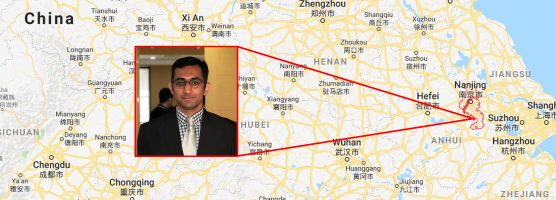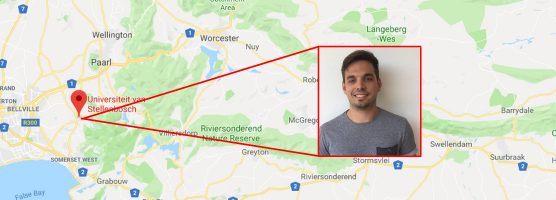Posted August 18th, 2019
New correspondent: Daria Sokolova from St.Petersburg, Russia
Today our team was strengthened by the first correspondent from Russia. Her name is Daria Sokolova, studying at the Russian State Hydrometeorological University (RSHU). As a student and as a member of our platform she has the ambition to help solve new problems related to hydrology and ecology. Daria Sokolova will assist us to unroll Cool Down The Planet. This means: help us find suitable subjects to be featured in her country. We first asked her to answer some questions.
Daria, can you introduce yourself?
My name is Daria Sokolova, an undergraduate student from Russian State Hydrometeorological University (RSHU). I am majoring in Hydrology Science and Engineering, equipped with knowledge concerning forecasting and modelling rainfall flash floods in poorly studied basins. I’ve always had an interest in environmental protection, sustainable development and their interaction with hydrology.
What motivated you to choose for this study?
I would like to be a researcher on hydrological sciences and solving practical hydrology and environmental engineering problems. Hydrology is an important science, and water conservation is a priority.
What are your ambitions? How would you like to develop your future career?
I aspire to receive my PhD level in Hydrology science. I want to be part of the international hydrological community and combine my knowledge in hydrology and ecology to solve new problems and goals in the Earth sciences.
Do you see any consequences from climate change in your region? If yes, can you give an example?
Russia is a large country on the territory of which there are many different natural landscapes and climatic conditions. The most well-known feature of the Russian climate is its very cold winter, brought about by the country’s high latitudes, vast land mass and lack of any topographic obstructions to protect it from arctic winds sweeping across its long, north-facing and often frozen coastline. The assessment of climate impacts on water resources indicates an increase in average water availability in Russia, but also a significantly increased frequency of high runoff events in much of central Russia, and more frequent low runoff events in the already dry crop-growing regions in the South. These results suggest that the increasing frequency of extreme climate events will pose an increasing threat to the security of Russia’s food system and water resources.
What do you consider is a strong quality of the Cool Down The Planet formula?
The main advantage is that “Cool Down The Planet” is an excellent platform for a platform for uniting scientific people all over the world to address climate change and environmental problems. This is a wonderful opportunity for students of all levels of learning to show themselves and all their skills.

